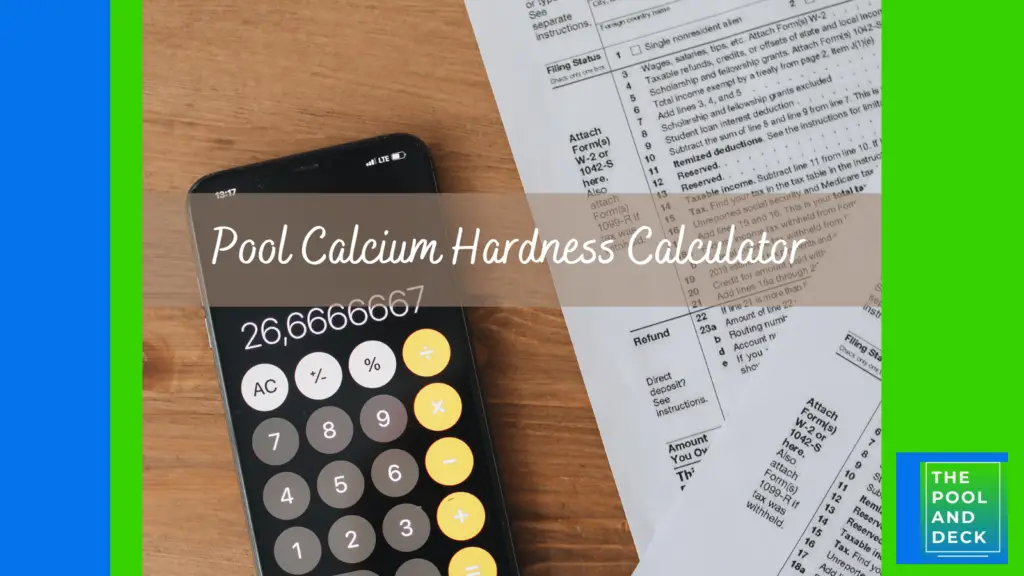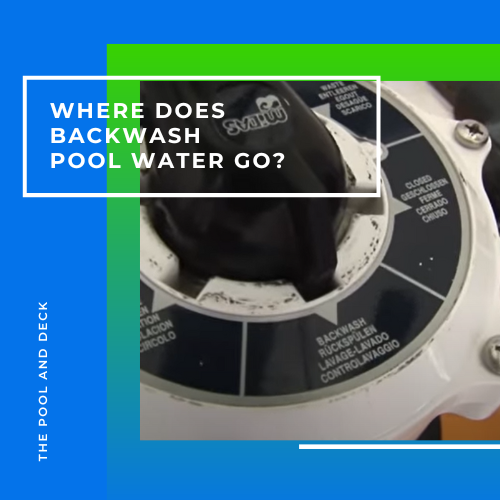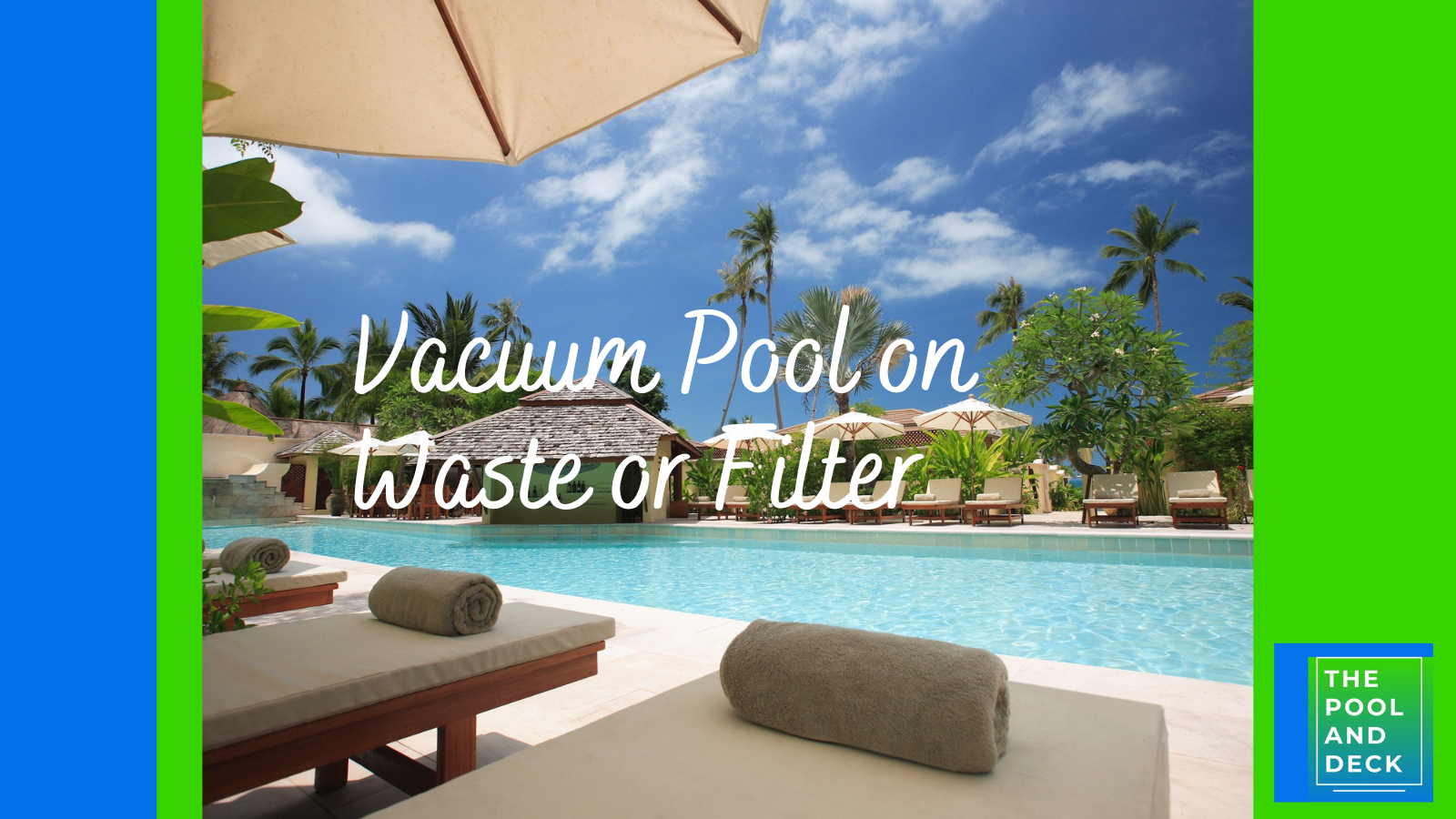2025 Pool Calcium Hardness Calculator: Free & Easy to Use!
As an Amazon Associate, I earn from qualifying purchases.
Table of Contents
Pool Calcium Hardness Calculator

A pool calcium hardness calculator is useful to figure out how much of calcium chloride to add if calcium harness is lower than target and how much fresh water to add if calcium hardness is higher than target.
Pool Calcium Hardness Calculator
The Importance of Pool Calcium Hardness
Pool calcium hardness refers to the concentration of calcium ions dissolved in your pool. It is measured in parts per million (ppm).
Calcium Hardness (CH) plays an important role pool water chemistry as it affects the water’s ability to balance pH levels and impacts corrosion or scale buildup in pool equipment.
High calcium hardness levels can lead to cloudy water, scaling on pool surfaces, and reduced effectiveness of chlorine.
On the other hand, low calcium hardness can cause etching on pool surfaces and corrode metal components like pumps and filters.
Maintaining the right calcium hardness balance is key to keeping your pool water clear, safe, and comfortable for swimmers.
What Is the Ideal Pool Calcium Hardness Level?
Pool Calcium Hardness (CH) levels between 150 and 400 ppm are considered acceptable. However, the ideal range for calcium hardness is 200 – 300 ppm.
Maintaining pool calcium hardness level between 200 – 300 ppm ensures the water remains balanced, preventing issues like scale buildup and equipment damage. You should not, in any case, let it go above 400 ppm.
Too low calcium hardness can lead to corrosion, while excessively high levels will cause scaling issues. Regular testing and adjustment of calcium hardness levels are essential for optimal pool maintenance.
If you are a new pool owner you can get a wealth of information from my article, Pool Chemistry for Beginners: With 5 Super Helpful Cheat Sheets!
How to Increase Calcium Hardness in Pool?
The most common method to increase calcium hardness in your pool is to add calcium chloride. I recommend using
Calcium Hardness Up (For Increasing Calcium Hardness)
HTH 67059 Pool Care Calcium Hardness Up
Raises calcium hardness and prevents pool water from becoming corrosive.
Begin by testing your pool water for pH and calcium hardness. Use the above pool calcium harness calculator or follow product label instructions to determine the amount of calcium chloride needed based on your pool size and desired calcium hardness level.
Once you have the correct amount, add the calcium chloride directly to the pool water, spreading it around the perimeter to ensure even distribution. Avoid diluting the calcium chloride in water and be cautious not to add too much at once, as this can lead to overcorrection.
Wait approximately six hours for the calcium chloride to dissolve into the water, then retest the calcium hardness level to ensure it falls within the desired range.
How to Lower Calcium Hardness in Pool?
Higher than recommended Calcium Hardness levels in your pool come with their own set of problems. Please check out my post, How to Lower Calcium Hardness in Pool?
The process requires diluting the pool water. The necessary amount of dilution can be calculated using the above pool calcium harness calculator.
You may need to carry out this process several times as draining more than 10% of pool water at one go is not safe. The pool walls can collapse inward.
Do you need access to all my Pool Chemical Calculators? Just click the button below:
Thank you very much for reading the post. I do hope you found it informative and helpful.







